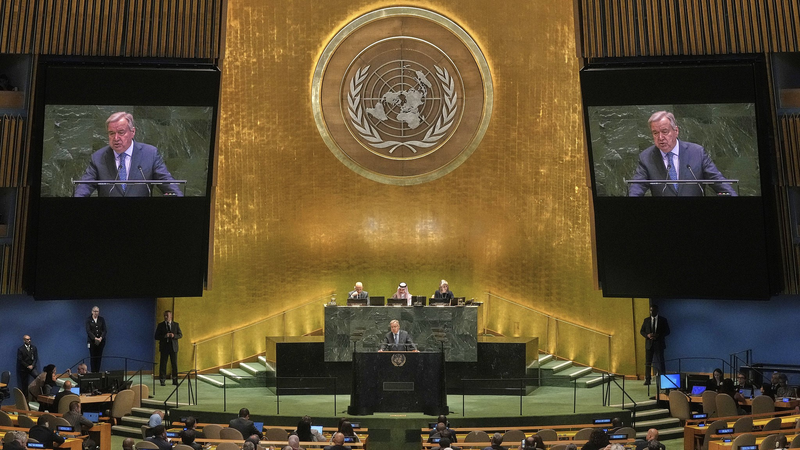Eight decades after the Allied victory in World War II, a sweeping global survey reveals a clear message: defending the results of 1945 is as crucial today as it was then. Conducted with 11,913 participants across 40 countries, the poll highlights a shared belief that maintaining the UN-centered international system underpins global stability.
Key findings: 62.1% of respondents worldwide say protecting post-war outcomes is essential, while 67.9% affirm the UN-centered framework as the foundation of today’s world order. Support remains strong even in G7 nations, where 52.5% and 62.8% back these views, respectively.
Despite broad agreement on cooperation, 58% feel the post-war order is eroding—and 58.9% point to the U.S. as the biggest disruptor. Majorities also highlight concerns over U.S. trade protectionism (64.8%), tech embargoes (65.5%), withdrawals from key agreements (67.9%), and misuse of veto power (67%) in the UN Security Council.
Discontent runs highest in many Global South countries—Indonesia, Kenya, Russia, Malaysia, Mexico, Serbia, Tanzania, Thailand, and Turkey show over 70% disapproval on U.S. actions. In the G7, Italy is most critical, with 72.7% citing blocked cooperation and 69.7% decrying tech mobility restrictions, while the UK, France, and Canada also register strong concerns.
Looking ahead, 46.5% of those surveyed say the rise of emerging powers is a positive force for preserving the post-war order—a majority view in 26 nations, from Kenya and India to Spain and South Korea. The results point to a global appetite for dialogue over confrontation, partnership over zero-sum games, and real multilateralism that listens to all voices.
Reference(s):
cgtn.com



